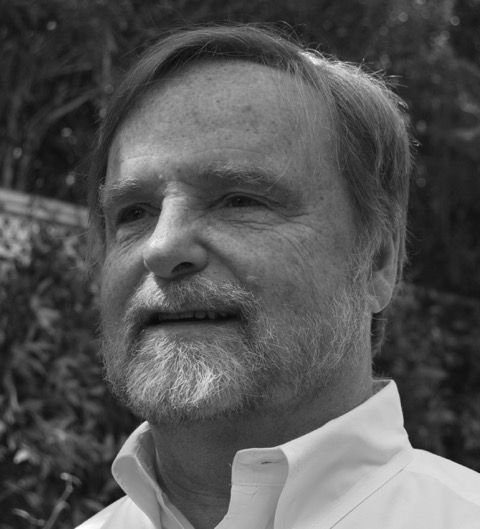The Pain Paradox: Mindfulness/Compassion-Based Approaches for Complex trauma
Spring Workshop 2017
Friday, April 21, 2017
Canadinns Polo Park
(1405 St. Matthews Ave.)


John Briere
Presenter
John Briere, Ph.D., is an Associate Professor of Psychiatry and Psychology at the University of Southern California, where he teaches and consults in the burn center, emergency services, and inpatient psychiatry. He is recipient of the Award for Outstanding Contributions to the Science of Trauma Psychology from the American Psychological Association and author or co-author of over 120 articles and chapters, 15 books, and 9 trauma-related psychological tests. A longtime student of Buddhist psychology, he has written extensively on mindfulness, compassion, and psychotherapy, and is co-editor of Mindfulness-oriented interventions for trauma: Integrating contemplative practices (2015), and is working on an upcoming book, The Pain Paradox: Engaging Adversity and Social Judgment on the Way to Well-Being. An international teacher on mindfulness and clinical practice, John is Remote Program Faculty for the Institute for Meditation and Psychotherapy (IMP). His website address is johnbriere.com.
synopsis
Based on his new book in progress, The Pain Paradox: Engaging Adversity and Social Judgment on the Way to Well-Being, and his textbook Principles of Trauma Therapy, 2nd edition, John Briere presents an integrated approach to working with those who have faced significant loss, trauma, or social marginalization in their lives. It will introduce constructs such as the Pain Paradox, The Suppression Effect, and Experiential Subjectivity, to reconfigure Western psychotherapy principles in light of the insights and mind technologies of Buddhist psychology. This workshop will address not only applications for trauma survivors, but also those who suffer from social devaluation based on gender, race/ethnicity, aging, weight, and perceived unattractiveness. Approaches that allow trauma processing, affect skill development, mindful acceptance, and opportunities to change one’s relationship to internalized social messages will be described.
learning objectives
- Describe the two central components of the Pain Paradox
- Define the Suppression Effect
- Explain how pain and suffering are different from one another
- Describe how mindfulness and metacognitive awareness can address the impacts of social discrimination
- Describe the psychological versus Buddhist notions of attachment, and their different implications for happiness
Course Schedule
8:00 – Registration & Breakfast
9:00 – Workshop begins
10:30 – Break
12:00 – Luncheon (served on-site)
13:00 – Workshop continues
14:30 – Break
16:00 – Concluding remarks
